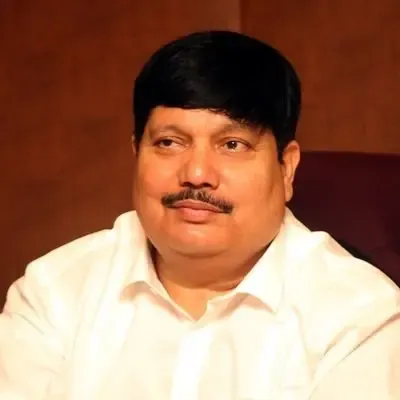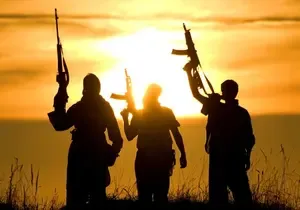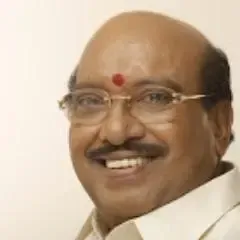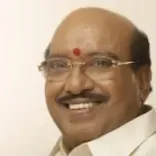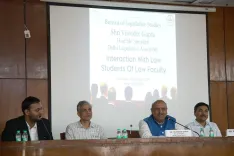Did the SC Order Get Overlooked in Karnataka's Internal Reservation Implementation?

Synopsis
Key Takeaways
- Karnataka BJP alleges government ignored SC orders.
- Concerns raised over reports not being properly implemented.
- Previous BJP government increased SC/ST reservations significantly.
- Assembly debate expected to address accountability issues.
- Political tensions evident in the handling of internal reservations.
Bengaluru, Aug 20 (NationPress) In response to the Karnataka government's modified implementation of the internal reservation report, the state BJP unit asserted that the government may not have adhered to the Supreme Court's directives during this process.
BJP State President and MLA B.Y. Vijayendra alleged that the Chief Minister has not properly followed the Supreme Court's order concerning the implementation of internal reservation.
He further claimed that the reports of both the Justice Sadashiva Commission and Justice Nagamohan Das have not been effectively executed. “Justice Nagamohan Das had established five categories – A, B, C, D, and E – but this has been narrowed down to just A, B, and C. What was the purpose of investing hundreds of crores into the Justice Sadashiva and Nagamohan Das commissions if the division is to be decided by individuals like Congress MLA Narendra Swamy?” he stated.
He noted that during the tenure of the BJP government led by Basavaraj Bommai, significant decisions were made regarding Scheduled Castes and Tribes.
“At that time, Bommai had increased the reservation for Scheduled Castes from 15% to 17% and for Scheduled Tribes from 3% to 7%. However, Siddaramaiah, who was the Leader of the Opposition, spread misinformation claiming that the BJP government's internal reservation decision was never enacted and was merely a facade,” he articulated.
“Why has Siddaramaiah evaded a debate when opposition leaders called for one? This shows a lack of respect for the Assembly,” he asserted.
Vijayendra recalled that while the Congress government merely announced the Justice Sadashiva Commission, it was the prior BJP administration under B.S. Yediyurappa that allocated funds and institutional backing for it. He highlighted that Basavaraj Bommai subsequently advanced it to a logical conclusion.
Vijayendra indicated that the assembly would discuss the issue tomorrow and demanded a statement from the Chief Minister. “Siddaramaiah must be truthful with the people; if not, he should apologize to the citizens of the state,” he urged. “How was this executed without appropriate data? We will debate this tomorrow,” he declared.
Meanwhile, former CM and BJP MP Basavaraj Bommai accused Chief Minister Siddaramaiah of capitulating to pressure from dominant SC communities to preserve his political position while neglecting Justice Nagamohan Das's report and the Supreme Court's guidelines, committing injustice against marginalized SC communities.
At a press conference in New Delhi on Wednesday, he remarked that Dr. B.R. Ambedkar clearly stated in the Constitution that reservation must be adjusted over time according to population. In Karnataka, the SC list initially included just six castes, yet today, successive Congress governments have expanded it to 101 castes without proportionately increasing the reservation. This represents a significant betrayal. If the quota had been increased proportionately whenever new castes were added, justice would have been served. However, these additions were made solely for political gain.
In a noteworthy development, the Congress-led government in Karnataka has declared its acceptance of the Justice H.N. Nagamohan Das Commission report, with certain modifications, and has implemented its recommendations regarding the longstanding issue of internal reservation.
BJP MLAs, led by Leader of the Opposition R. Ashoka, staged a walkout from the Legislative Assembly in protest against Speaker U.T. Khader’s decision to disallow a discussion on Chief Minister Siddaramaiah’s statement regarding the acceptance and implementation of the judicial commission report on internal reservation.


